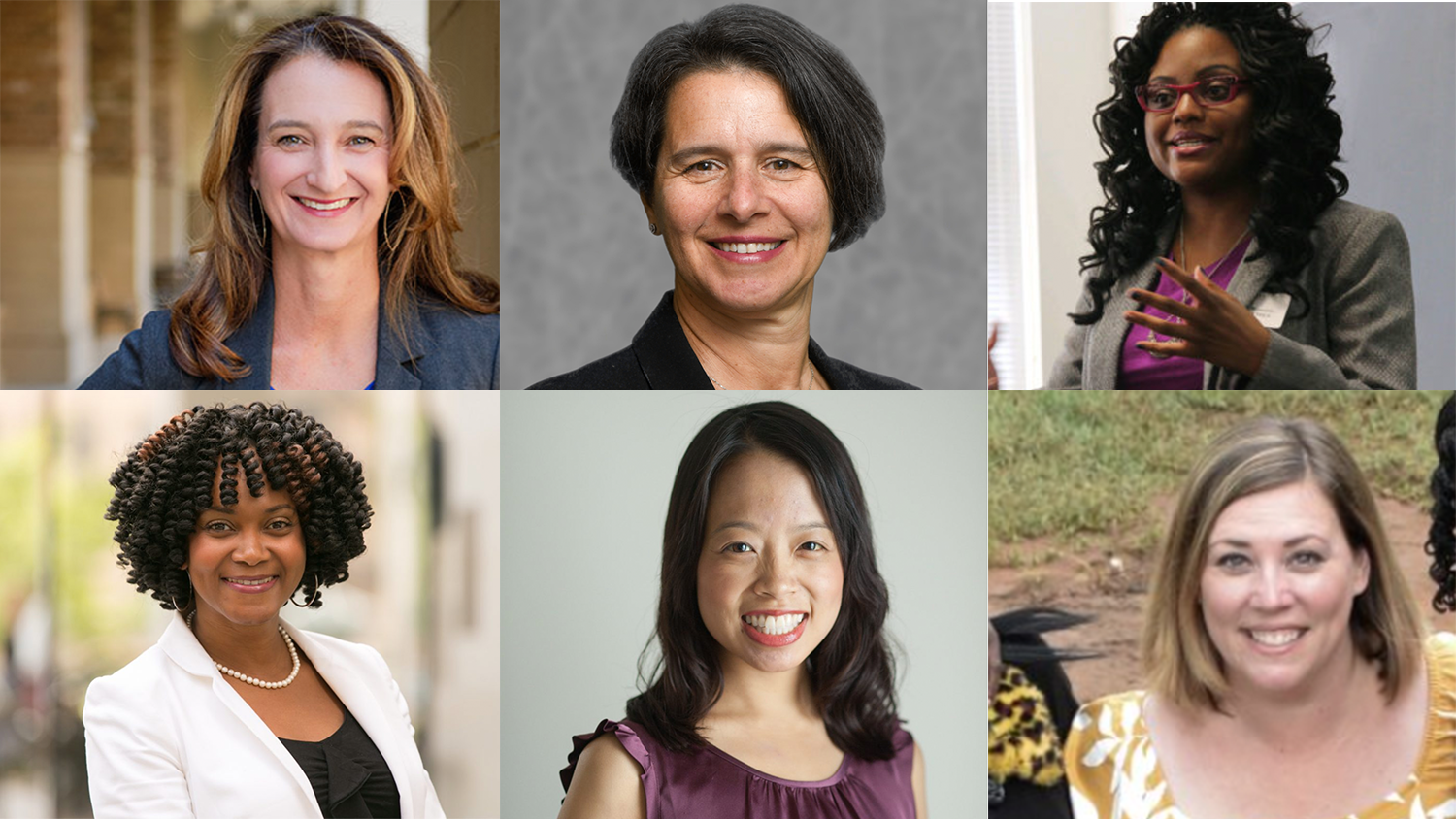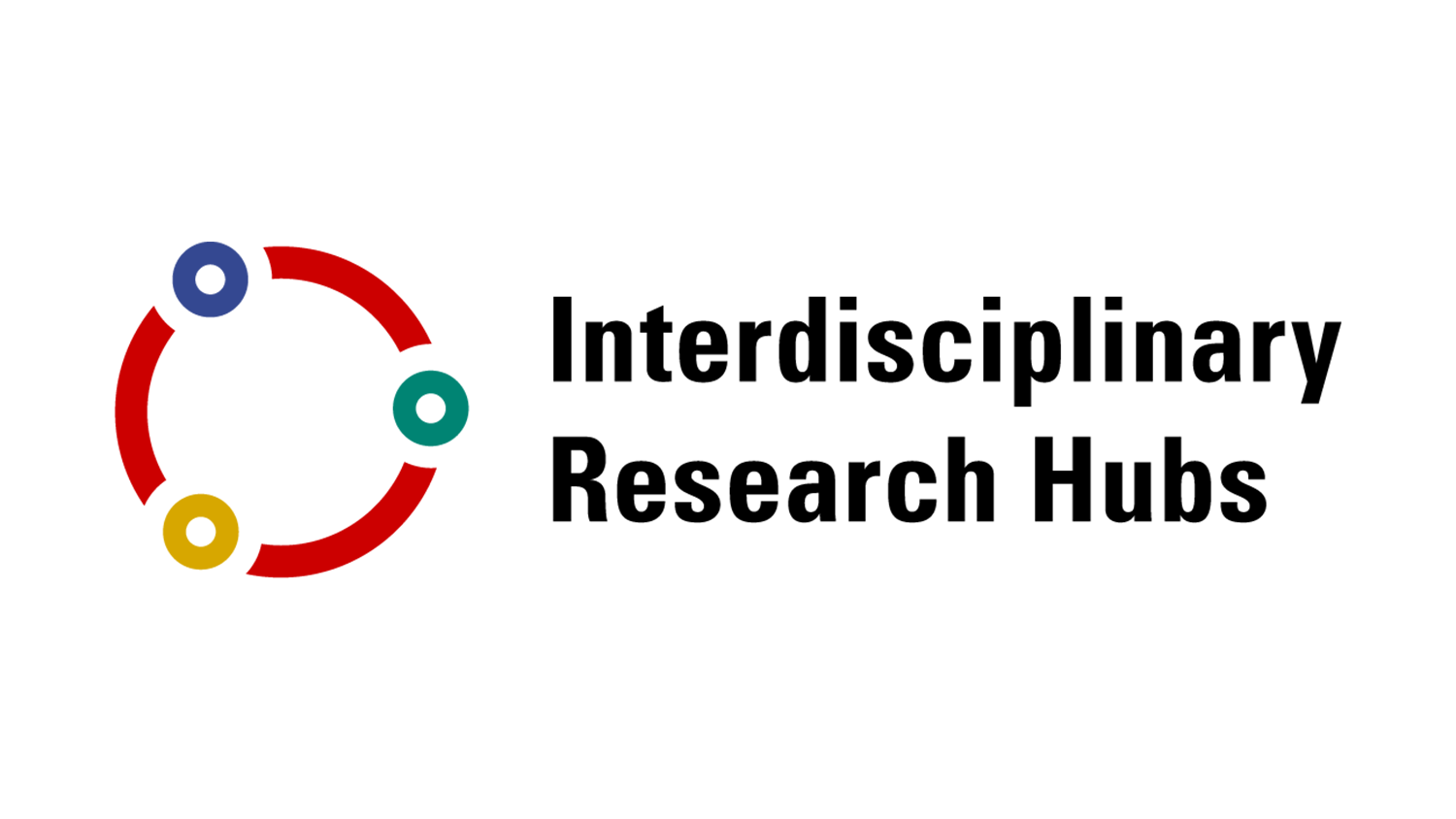College of Education Researchers Discuss Ways To Break Barriers Between Researchers and Practitioners at Celebration of Research

NC State College of Education researchers had an opportunity to share their research and discuss methodologies during the Celebration of Research event on Feb. 11 at Talley Student Union.
The event featured a panel discussion on “Innovative Methodologies: Breaking Barriers Between Researchers and Participants,” which participant and College of Education Associate Professor Meghan Manfra, Ph.D., cited as a subject that has been important to her throughout her career.
Manfra, who has studied the efficacy of action research for educators for more than a decade, has focused her work on demonstrating the importance of empowering practitioners to be active participants in educational research.
“It’s notable that the panel featured a more inclusive approach to educational research. I believe it represents a willingness to think differently about the way we work with practitioners and encourages us to develop new, more innovative approaches to bringing about educational reform,” Manfra said.
Manfra was one of five College of Education faculty members who joined Associate Dean for Research and Innovation Paola Sztajn, Ph.D., in the discussion and shared their work.
Callie Womble Edwards, Ph.D., a research associate at the Friday Institute for Educational Innovation, was able to share her experience in bridging the gap between research and practice by discussing her role as a research-practice partnership broker.
Her work involves developing and maintaining effective research-practice partnerships with districts and individual schools, and she stressed the need for researchers to view these institutions as equal partners in the research process.
“As researchers, we are trained problem solvers. Sometimes we can arrive at a school and believe we already know the problem and how to solve it. However, research-practice partnerships encourage us to interact differently,” Edwards said. “Let’s build a mutually beneficial relationship that capitalizes on both researcher and practitioner strengths.”
Assistant Professor Michelle Falter, Ph.D., and Assistant Professor Crystal Chen Lee, Ed.D., spoke jointly about their community-based partnership project through the Literacy and Community Initiative with Juntos, a program that works to unite community partners to provide Latinx students and their parents with knowledge, skills and resources to prevent youth from dropping out of school and to encourage families to work together to gain access to higher education.
During the panel discussion, the pair highlighted how the use of new, non-representational methodologies allowed them to trace the affective lives of the youth participants through their written stories. These research-practice partnerships that facilitate interaction with students are important, Lee said, because one of the biggest challenges in the field of educational research is meeting the needs of marginalized students in an increasingly diverse school population.
“For me, it was important to be on this panel to show other scholars that it can be fun to play with new methods of research,” Falter said. “The methodologies Dr. Lee and I used were not ones that we typically employ, but we found an opportunity to think about how our data might look differently through this new methodology.”
Professor Joy Gaston Gayles, Ph.D., also discussed her research regarding marginalized students, noting that contextual factors need to be considered when studying the experiences of people who have been traditionally marginalized in STEM. As part of the discussion, she highlighted the importance of intersectionality, specifically moving research from a theoretical lens to a methodological approach.
“Context matters and can have real consequences when the ways people are socially located within education and society are not taken into consideration,” she said. “When context is missing, we might assume that all students benefit from the exact same experiences or not consider harmful effects of policies and practices for marginalized groups.”
Following the panel discussion, more than a dozen College of Education faculty and doctoral students shared their recent research through poster presentations.
- Categories:


